What’s in a Name? Too Often, a Missed Opportunity...
I love whenever I get a chance to facilitate a naming process for a product, company, or organization. It’s a rare opportunity to build a brand from the ground up, and it’s usually as engaging and illuminating for everyone involved as it is for me.
On the other hand, when a product or organization I’m branding is saddled with a less-than-ideal name (and I’m not naming any names here), my work on your brand is starting with an unnecessary disadvantage.

Bad names happen when the people at the table don’t think through–and take control of–their acronyms and/or nicknames. When companies choose sounding big over differentiating. And bad names happen when they’re not put through spelling and pronunciation tests. (Ever avoid a restaurant because you don’t dare try to pronounce it? Or can’t even approximate the spelling for Google?)
What we are left with, especially in smaller markets, are oh-so-generic names like American Tree Service, Northeast Bank, Computer Solutions. All of them forgettable.
If you want to give your new business or organization a running start, hire a professional to head up the naming process. Or employ the following approach led by someone with a good head on her shoulders and a mind for branding.
It’s helpful to think of words within the following four categories to include in your process:
Invented
- Invented names used to do a great job differentiating (Google, Twitter) but made-up names have become so common they are now as likely to be as overlooked as any other.
Experiential
- Also overused, but still effective, are experiential names (Safari, Navigator, and Explorer to name three obvious ones, although are we talking browsers now, or SUVs?). Uniquely paired with other words, experiential words can work well to advance the brand because they focus attention on customer experience rather than the product.
Evocative
- And evocative names can pique curiosity with the right audience (Virgin, Monster, Slack).
Descriptive
- Finally, the category that irks me most, is descriptive, er, generic. The supposed safe bet. People don’t readily recall descriptive names. They are just common words and therefore, they get lost in the fray. They describe a company or organization. They are not a name.
For an easier path toward originality, start by pairing categories together (MailChimp, Supply Geeks, SmartPay).
My words of advise for anyone facing a naming challenge:

If successful, this happens subliminally, when you recognize a brand name but you don’t know why. Which is why choosing the right name is just the first building block in constructing a brand that works for you.
If you’d like to schedule a free 15-minute no-strings-attached chat to help you determine if you can do this yourself, CLICK HERE.

